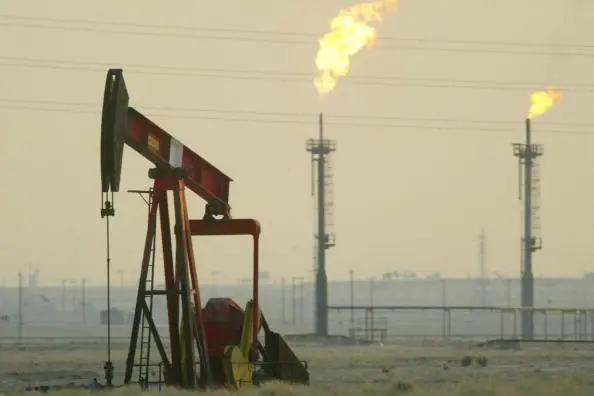PHOTO
Saudi Arabia and Pakistan have been bound by special ties for decades, but the historic visit of the Kingdom’s Crown Prince Mohammed bin Salman to the country is set to take relations between the two nations to new heights.
The Saudi Vision 2030 reform plan has proved a source of inspiration for Pakistani Prime Minister Imran Khan’s economic outlook for “the new Pakistan.”
The level of cooperation now taking place is evidenced by the Saudi-Pakistani endorsement of a memorandum of understanding for Pakistan to join with Saudi Aramco to build a giant oil refinery and petrochemical complex at the Balochistani deep-sea port of Gwadar.
The estimated $10 billion deal will include agreements aimed at smoothing commercial trade between the two countries and enhancing business collaboration.
Once established, the Gwadar development in southwest Pakistan will form part of the China-Pakistan Economic Corridor project (a collection of infrastructure schemes throughout Pakistan). Located at the mouth of the Arabian Gulf outside the Strait of Hormuz, it will command a strategic position on key shipping routes for the global supply of oil and refined products.
The transportation sector is a major user of oil in Pakistan, and its consumption has been increasing. Pakistan’s dependence on hydrocarbons has been growing at pace, with large imports of oil and petroleum products.
With a population that now exceeds 200 million, Pakistan’s demand for oil-related products is forecast to rise by 80 percent by 2022 due to an increase in the number of cars and motorbikes, and the requirement for more aviation fuel.
Pakistan currently consumes about 600,000 barrels of oil per day, which is outpacing its domestic 390,000 barrels per day refining capacity at the country’s six existing oil plants. The new Saudi Aramco refinery in Gwadar will more than fill that production gap.
Refiners in Pakistan are already crude oil customers of Saudi Aramco. Building a new refinery in Gwadar would not only meet Pakistan’s product needs but excess supplies could flow to other key markets in Asia due to the port’s proximity.
The Pakistani government has also initiated various liquefied natural gas (LNG) projects in a bid to lower furnace oil consumption and move the country to a more gas-based energy economy.
Pakistan is already committed to ending power generation at its aging oil-fired plants, which are heavy on pollution, inefficient and expensive to run compared to its two LNG terminals. But this will not affect the new Saudi Aramco refinery in Gwadar, due to the continued demand for other oil-refined products.
The Gwadar facility will be the largest of its kind in the region and the most sophisticated, helping Pakistan to move away from high-sulfur fuel oil and diesel to cleaner products in line with the global shift.
- Faisal Mrza is an energy and oil market adviser. He was formerly with OPEC and Saudi Aramco. Reach him on Twitter: @faisalmrza
Copyright: Arab News © 2019 All rights reserved. Provided by SyndiGate Media Inc. (Syndigate.info).





















